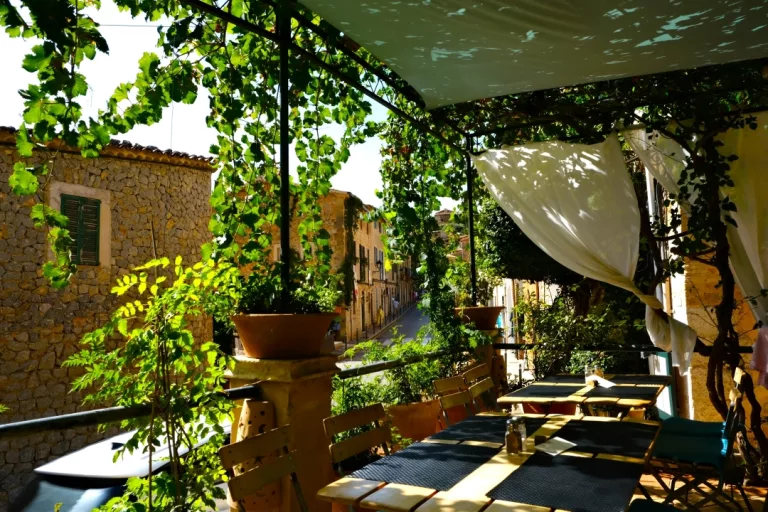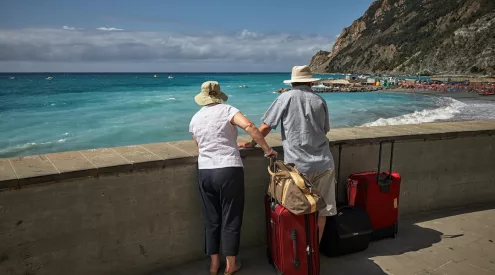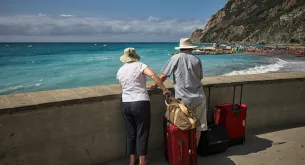Spain is known for many things: its sun-soaked beaches, passionate flamenco dancers, and, of course, its distinctively late dining times. Many assume this late-night dining is a reflection of Spain’s laid-back Mediterranean attitude, but delve a little deeper, and you’ll discover a curious historical reason.
Spain’s late dining times might evoke images of leisurely evenings and relaxed dinners, but the truth is far more intriguing. It’s not just about a laid-back lifestyle; it’s a historical quirk that stretches back over seven decades. Let’s explore the fascinating reasons behind why Spaniards are often found enjoying their dinner as late as 10 p.m.

A Country in the Wrong Time Zone
According to an article by the BBC, Spain has been in the “wrong” time zone since the days of World War II. Geographically, Spain aligns with countries like Portugal, the U.K., and Morocco, which all follow Greenwich Mean Time (GMT). However, due to a decision by Spanish leader General Francisco Franco, Spain adopted Central European Time (CET) to synchronise with Nazi Germany. Even after the war concluded, this change remained, pushing Spanish routines, including meals, television programming, and workdays, an hour forward.
In the Madrid neighbourhood of La Latina, one of the city’s most historic areas, restaurants buzz with life late into the night. While visitors might attribute Spain’s late mealtimes to its serene Mediterranean vibe, the genuine cause is more unusual. For over 70 years, Spaniards have lived in a time zone that doesn’t quite align with their geographical position.

The Impact of Time
In 2016, then Prime Minister Mariano Rajoy attempted to revert Spain back to GMT to eliminate the traditional siesta and align the Spanish workday with a 6 p.m. finish, rather than 8 p.m. Despite garnering public support, this proposal seems to have been shelved for the time being.
One silver lining of this time zone switch is the extended daylight during summers, with sunsets around 10 p.m. However, this also implies darker winter mornings, causing the sun to rise only after 9 a.m. José Luis Casero, the president of the National Commission for the Rationalization of Spanish Schedules, believes that aligning Spain with the appropriate time zone would lead to more natural waking hours, earlier meals, and an additional hour of restful sleep.
Cultural and Historical Factors
Beyond the time zone issue, Spain’s history plays a role. Following the civil war, many urban Spaniards took on multiple jobs, pushing meal times later. Meanwhile, those in rural areas continued to eat based on the sun’s position.
Spain’s reputation for late dinners isn’t just a byproduct of its “relaxed lifestyle.” There’s logic behind it, rooted in a historical anomaly stemming from World War II.
Modern Day
The renowned Spanish siesta, a two-hour afternoon break, further extends the workday, making late dinners more feasible. Coupled with another mid-morning break leading to a delayed lunch, many Spaniards don’t conclude their day until 8 p.m., even though they typically start around 9 a.m.
Photo by Lisette Harzing on Unsplash














